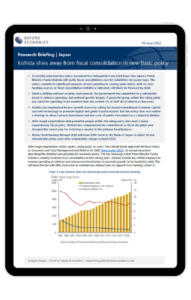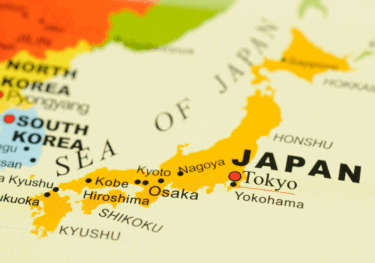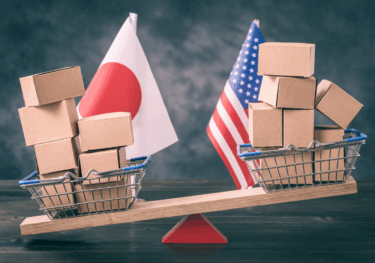Japan’s PM Kishida shies away from fiscal consolidation in new Basic policy
 After tough negotiations within Japan’s ruling party, on June 7 the cabinet finally approved the Basic Policy on Economic and Fiscal Management and Reform for 2022 (Basic policy 2022), an annual document describing the direction and priorities for economic policy. The key takeaway is that Prime Minister Fumio Kishida is unlikely to tackle fiscal consolidation in the coming years. Instead, Kishida has shifted emphasis to increase spending on defence and various investment plans to promote growth, to be funded by debt. This will leave the BoJ with little choice but to maintain low interest rates to support fiscal funding.
After tough negotiations within Japan’s ruling party, on June 7 the cabinet finally approved the Basic Policy on Economic and Fiscal Management and Reform for 2022 (Basic policy 2022), an annual document describing the direction and priorities for economic policy. The key takeaway is that Prime Minister Fumio Kishida is unlikely to tackle fiscal consolidation in the coming years. Instead, Kishida has shifted emphasis to increase spending on defence and various investment plans to promote growth, to be funded by debt. This will leave the BoJ with little choice but to maintain low interest rates to support fiscal funding.
What you will learn:
- Kishida has emphasised his pro-growth stance by calling for massive investment in human capital and new technology to promote digital and green transformation. But the policy does not outline a strategy to attract private investment and the scale of public investment as a catalyst is limited.
- After tough negotiations with powerful groups within the ruling party who want a more expansionary fiscal policy, Kishida has compromised his commitment to fiscal discipline and dropped the target year for restoring a surplus in the primary fiscal balance.
- Rising fiscal funding through debt will leave little room to the Bank of Japan to adjust its low interest rate policy even after a leadership change in April 2023.
Tags:
Related posts

Post
Tariffs and Politics Leave the BoJ Powerless in Japan
The Bank of Japan kept its policy rate at 0.5% at its July meeting. We continue to think the BoJ will exercise caution on rate hikes despite still-high inflation and a recent trade deal with the US.
Find Out More
Post
US-Japan Trade Deal Fails to Shift Japan’s Growth Outlook
We estimate that the US's effective tariff rate on Japanese products is around 17%, in line with our baseline assumption. Lower tariffs on autos are a positive, given the sector's significant contribution to the economy and its broad domestic supporting base
Find Out More
Post
Japan’s Rising Political Instability Will Undermine Fiscal Discipline
The ruling Liberal Democratic party (LDP) and its partner Komeito lost their majority in Japan's upper house elections on July 20. Although Prime Minister Shigeru Ishiba will likely stay to avoid political gridlock, especially to complete tariff negotiations with the US, the political situation has become fluid and could lead to a leadership change or the reshuffling of the coalition.
Find Out More